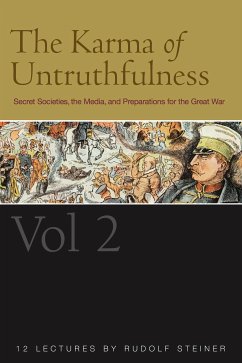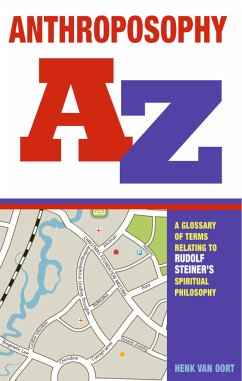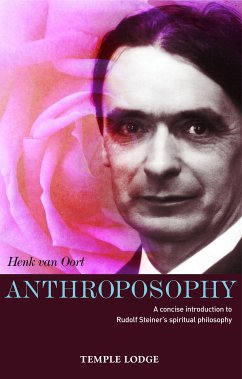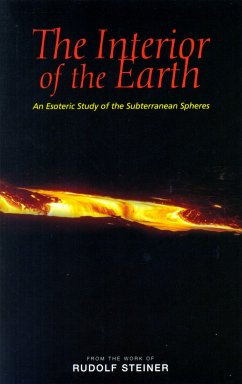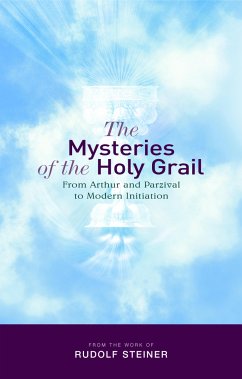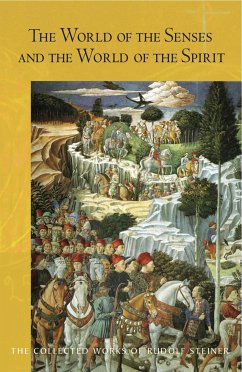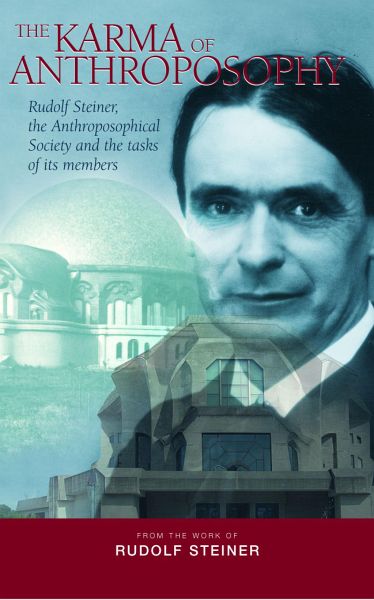
The Karma of Anthroposophy (eBook, ePUB)
Rudolf Steiner, the Anthroposophical Society and the Tasks of Its Members
Übersetzer: Barton, Matthew

PAYBACK Punkte
0 °P sammeln!
In 1924, Rudolf Steiner gave a series of urgent, impassioned, talks to members of the Anthroposophical Society regarding their karma and its relationship to the culture of the time. Steiner's words characterize vividly a spiritual battle, of forces gathering to fight for the soul of humanity itself. Given the challenges faced by humanity today, it has, perhaps, never been more urgent for those who ally themselves with Rudolf Steiner's work to study, absorb and take to heart the contents of this critically important material.
Dieser Download kann aus rechtlichen Gründen nur mit Rechnungsadresse in A, B, BG, CY, CZ, D, DK, EW, E, FIN, F, GR, H, IRL, I, LT, L, LR, M, NL, PL, P, R, S, SLO, SK ausgeliefert werden.




